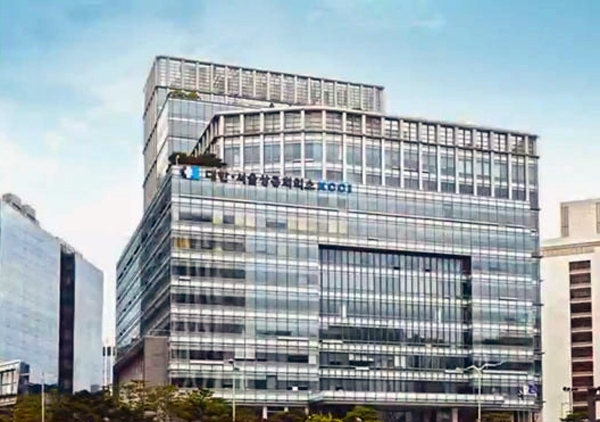After 100 days, 7 out of 10 firms not yet ready for safety law
Page Info
Writer Admin Comment 0 Comment Hit 766 Hits Date 22-05-19 09:39Content
 |
Korea Chamber of Commerce and Industry headquarters in Jung-gu, Central Seoul (KCCI) |
Even 100 days after South Korea’s new industrial safety law has come into effect, almost 7 out of 10 companies here say they still cannot fully understand the law and face difficulty complying with it, a survey showed Sunday.
According to a survey on 930 local companies by the Korea Chamber of Commerce and Industry, 68.7 percent said they still have a hard time coming up with countermeasures to respond to the new law aimed at better protecting workers from fatal industrial accidents. Only a third said they are effectively handling the issue.
At least 63 percent said discussions were still underway to adopt new measures, including detailed safety procedures. Less than a quarter, or 20.6 percent, said they have taken follow-up actions, while some 14.5 percent said they have done nothing so far.
Under the Serious Accident Punishment Act, which took effect in January, business owners or top executives with more than 50 employees could face criminal charges of a minimum one-year prison term or fines of up to 1 billion won ($782,000) when they are found to have not taken enough safety measures at worksites.
The survey findings showed that most of the new measures taken by the firms were related to creating awareness campaigns such as promoting safety management to elevate corporate values. Others included increasing the number of safety equipment and consultations with outside experts.
“Most of the workplaces, including my own factory, have not yet adopted any new measure because there has been no fatal accident,” a CEO was quoted as saying at an industry meeting hosted by the KCCI.
The survey also showed disparities between big and small companies. Compared to their smaller peers, bigger companies appear to feel less burden in financing related measures, such as setting up a new safety management unit or allocating new budget.
Of the firms who have workers solely dedicated to safety and health management, 86.7 percent were large companies with more than 300 employees. The figures sharply declined to 35.8 percent for midsize companies with 50 to 299 workers and to 14.4 percent for small companies with five to 49 workers.
When it comes to financing new safety measures, big companies earmarked a budget of more than 100 million won on average, while small- and medium-sized firms were found to have allocated 10 million to 30 million won.
“Starting from 2024, the safety law will be imposed on smaller companies with five to 49 employees, with the number of businesses subject to the law surging from this year’s 43,000 to 783,000,” said a KCCI official. “If there is no countermeasure taken for those smaller firms, side effects of the law could turn out to be even more devastating.”
Companies also called on the new government to come up with revisions to the law.
A vast majority of the respondents, or 71.3 percent, said they should be exempt from criminal charges when deadly accidents are found to have not been caused by gross negligence or on purpose, while 64.5 percent asked to implement different measures across industries.
“The biggest problem is that the law is so vague that companies don’t know exactly what to do and to what extent. (The government) should make more clear the obligations of CEOs and make amendments to the law,” said Yu Il-ho, the head of the KCCI’s labor employment policy department, in a statement.
The new industry safety law came after part of an HDC Hyundai Development apartment under construction in Gwangju collapsed in January, claiming nine lives.
After the law kicked in, Sampyo Industry, a local manufacturer of construction materials, became the first to be punished, following an accident in February in which three workers were killed while doing demolition work.
The Ministry of Labor said it has since found 108 violations of the law.








